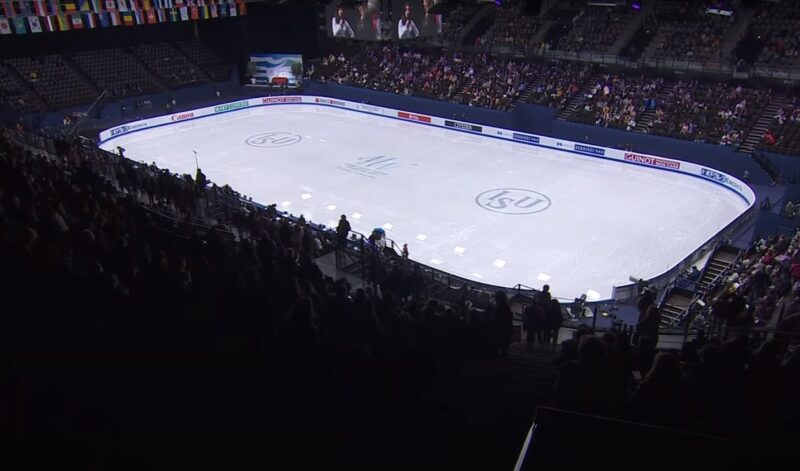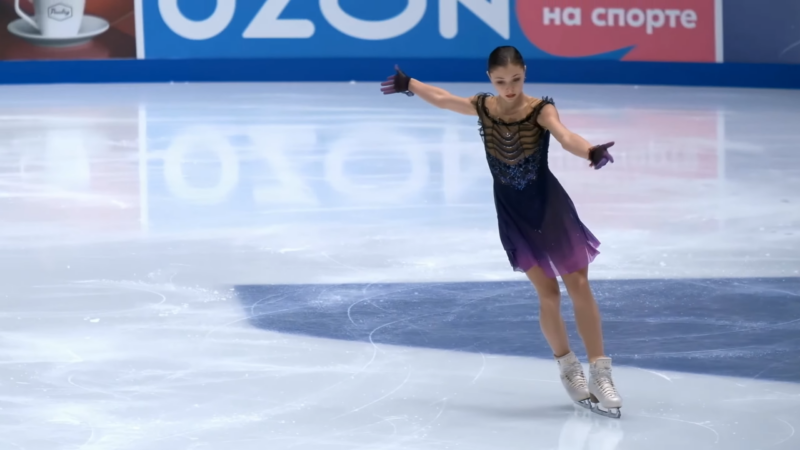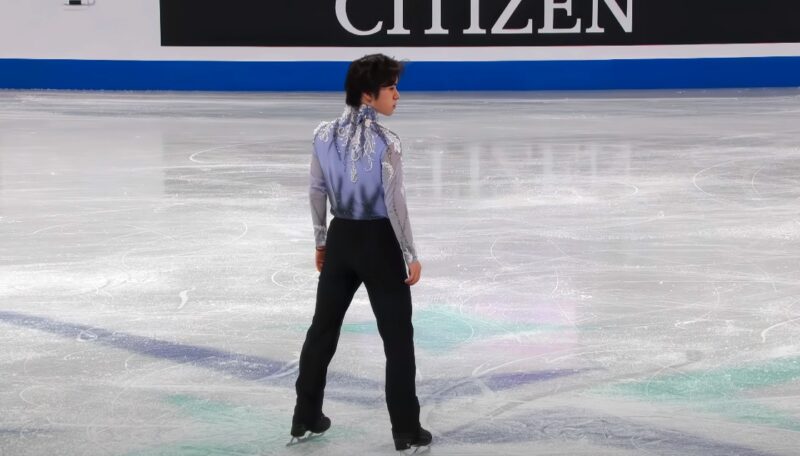
These officials are tasked with enforcing the rules of the game, making split-second decisions that can often influence the outcome of a match.
This responsibility requires not only an understanding of the game’s rules but also physical fitness, excellent judgment, and the ability to manage high-pressure situations.
Referees in the NHL officiate games in pairs, each bringing their unique perspective and judgment to the ice.
Some linesmen assist in making calls on offsides, icing, and sometimes get involved in breaking up scuffles.
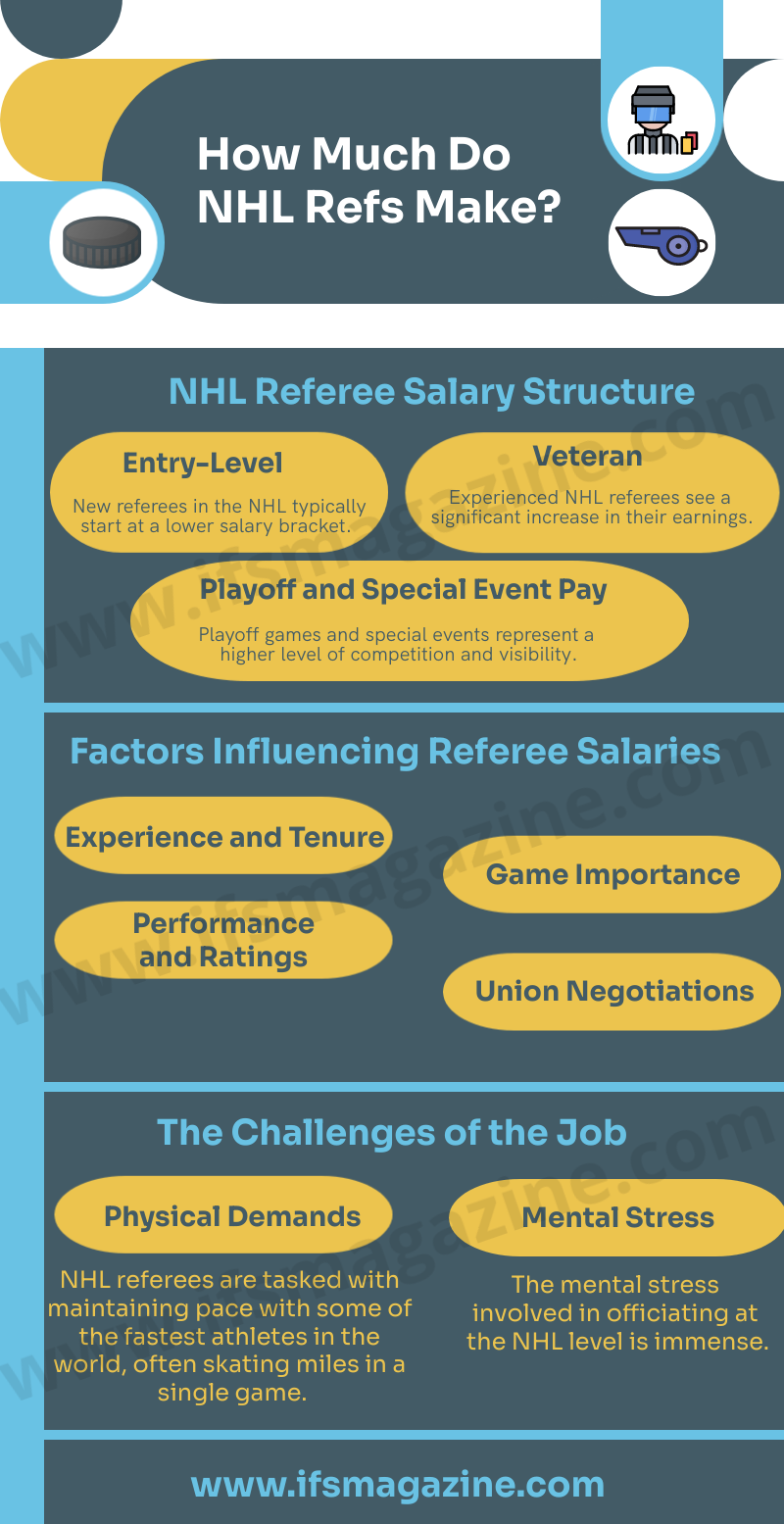
NHL Referee Salary Structure

The salary of an NHL referee is determined by a variety of factors, including experience, tenure, and the type of game being officiated. The NHL categorizes its games into regular season, playoff, and special events like the All-Star Game or outdoor matches.
Entry-Level Salaries
New referees in the NHL typically start at a lower salary bracket. Entry-level referees may earn a base salary that is significantly less than their more experienced counterparts. This base salary is complemented by per-game payments, which vary depending on the type of game.
New referees typically start at a lower salary bracket. While specific figures for 2024 are not available, it’s reasonable to estimate that entry-level NHL referees might earn a base salary starting from around $100,000 to $150,000 annually. This is complemented by per-game payments, which can vary
Veteran Referee Salaries
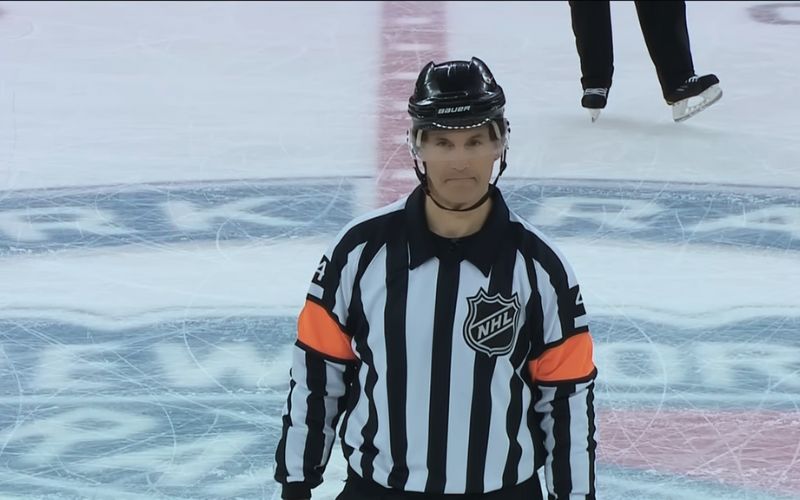
Experienced NHL referees, those who have been in the league for several years, see a significant increase in their earnings. These referees have proven their ability to handle the pressures of the game and make consistent, accurate calls. Their salary reflects their expertise, experience, and the trust placed in them by the NHL.
Those with several years of experience in the NHL can see a significant increase in their earnings. Again, while specific numbers for 2024 are not readily available, experienced NHL referees might earn anywhere from $220,602 to $482,226 per year, reflecting their expertise and the trust placed in them by the NHL.
Playoff and Special Event Pay
Playoff games and special events represent a higher level of competition and visibility. Consequently, referees working these games receive additional compensation. This bonus pay recognizes the increased pressure and prestige associated with these high-profile games.
Referees who officiate playoff games and special events usually receive additional compensation. This could mean bonus payments that significantly increase their earnings during these periods, possibly ranging from a few thousand to several thousand dollars per game, depending on the significance of the event.
Factors Influencing Referee Salaries

Several factors influence how much a referee earns in the NHL. These include:
- Experience and Tenure: As mentioned, more experienced referees typically earn higher salaries. This experience is not just measured in years but also in the number of games officiated.
- Game Importance: High-stakes games, such as those in the playoffs, generally command higher pay for referees.
- Performance and Ratings: Referees are regularly evaluated on their performance. Those who consistently perform well may see increases in their game fees and annual salaries.
- Union Negotiations: The National Hockey League Officials Association (NHLOA) represents referees and linesmen in negotiations with the NHL. These negotiations can impact overall salary structures.
The Challenges of the Job
The role of an NHL referee is one of the most demanding and scrutinized positions in professional sports. It requires a blend of physical fitness, mental acuity, and emotional resilience. Here’s a deeper look into the challenges these officials face on the ice:
Physical Demands

NHL referees are tasked with maintaining pace with some of the fastest athletes in the world, often skating miles in a single game.
This level of physical exertion is not just about speed; it also requires stamina, agility, and the ability to navigate a dynamic and sometimes chaotic environment without impacting the flow of the game.
The physical toll taken on referees is significant, necessitating a high level of fitness and conditioning comparable to that of the players themselves.
Mental Stress
After the physical aspects, the mental stress involved in officiating at the NHL level is immense. Referees must make split-second decisions that can alter the course of a game, decisions that are expected to be made with perfect accuracy.
The pressure to perform flawlessly is compounded by the knowledge that every call (or non-call) can be reviewed in high definition by fans, commentators, and teams.
This constant pressure to make the right decision, quickly and under intense scrutiny, can be mentally exhausting and stressful.
Future Outlook for NHL Referee Salaries

Looking forward, the landscape of professional sports is continually evolving.
Factors like the economic health of the league, television contracts, and the popularity of the sport all play roles in determining salaries.
As the NHL continues to grow in popularity and revenue, it’s possible that referee salaries will also see an increase.
Final Reflections
NHL referees are compensated through a structure that considers experience, game importance, and performance.
Being an NHL referee is a challenging yet rewarding career, with a compensation package that is competitive in the realm of professional sports officiating.




